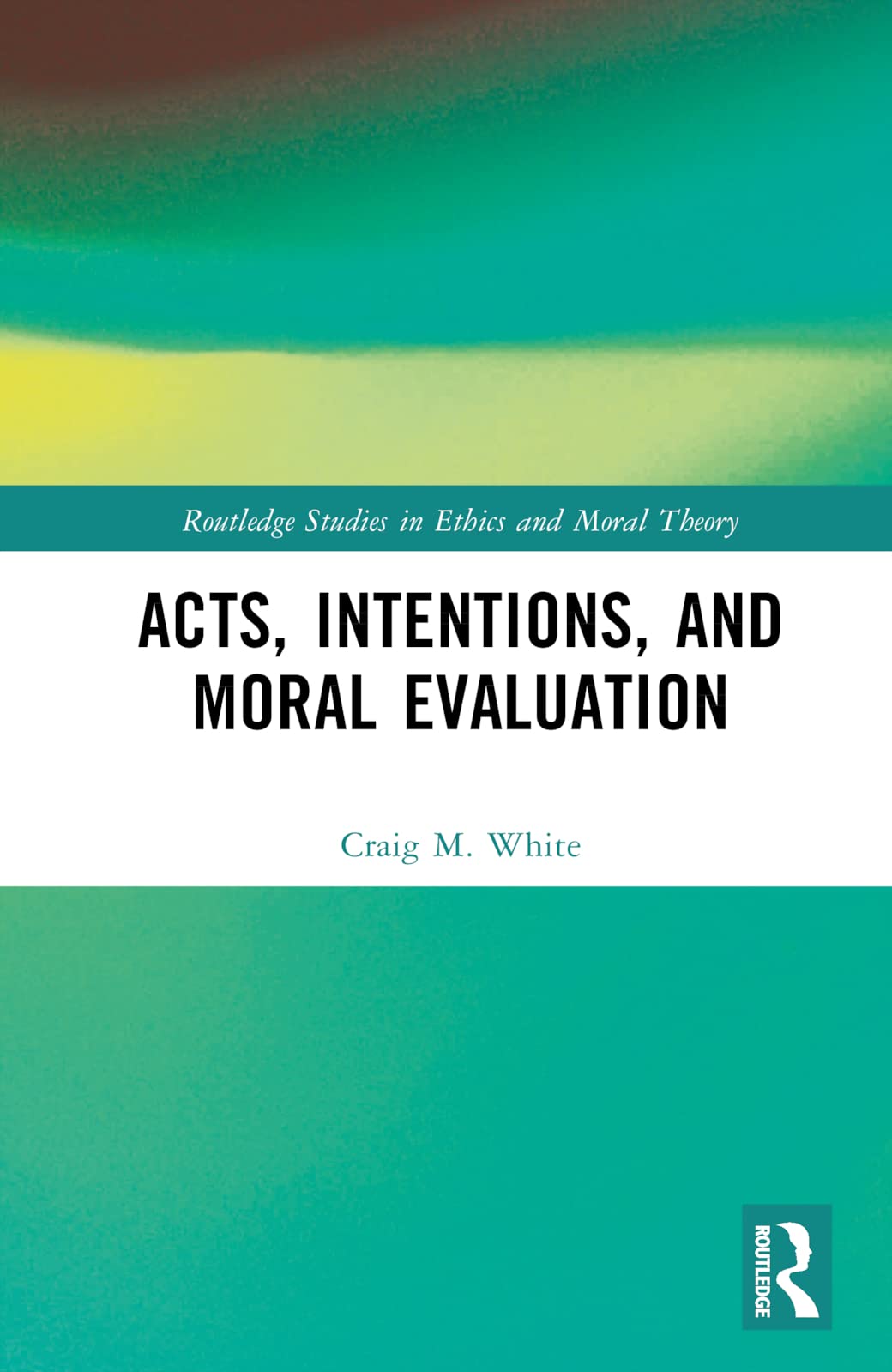

Most ebook files are in PDF format, so you can easily read them using various software such as Foxit Reader or directly on the Google Chrome browser.
Some ebook files are released by publishers in other formats such as .awz, .mobi, .epub, .fb2, etc. You may need to install specific software to read these formats on mobile/PC, such as Calibre.
Please read the tutorial at this link: https://ebookbell.com/faq
We offer FREE conversion to the popular formats you request; however, this may take some time. Therefore, right after payment, please email us, and we will try to provide the service as quickly as possible.
For some exceptional file formats or broken links (if any), please refrain from opening any disputes. Instead, email us first, and we will try to assist within a maximum of 6 hours.
EbookBell Team

0.0
0 reviewsThis book argues that the moral quality of an act comes from the agent’s inner states. By arguing for the indispensable relevance of intention in the moral evaluation of acts, the book moves against a mainstream, "objective" approach in normative ethics.
It is commonly held that the intentions, knowledge, and volition of agents are irrelevant to the moral permissibility of their acts. This book stresses that the capacities of agency, rather than simply the label "agent," must be engaged during an act if its moral evaluation is to be coherent. The author begins with an ontological argument that an act is a motion or a causing of change in something else. He argues that the source of an act’s moral meaning is in the agent: specifically, what the agent, if aware of relevant facts around her, aims to accomplish. He then moves to a series of critical chapters that consider arguments for mainstream approaches to act evaluation, including Thomson’s dismissal of the agent knowledge and volition requirements, Scanlon’s arguments for a derivative relevance of intentions to permissibility, Frowe’s "causal roles" of agents in the moral evaluation of acts, and Bennett’s explicit defense of the objective approach. The book concludes by offering the author’s preferred replacement for the objective approach, an Aristotelian-Thomist view of acts.
Acts, Intentions, and Moral Evaluation will be of interest to scholars and advanced students working in ethics, just war theory, the ethics of self-defense, and philosophy of action.